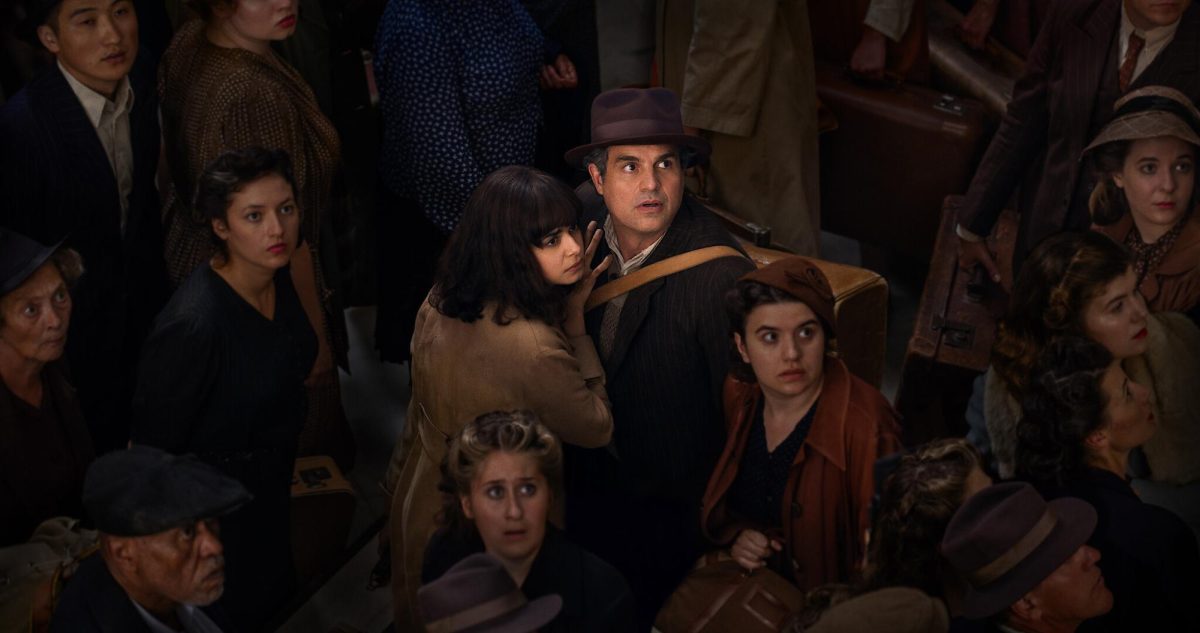Standards were held high as Shawn Levy was set to direct the award-winning novel that took readers through the difficult and exhausting times of World War II through a tale of two.
Director of notable films such as Night at the Museum and The Adam Project Shawn Levy transformed the Pulitzer Prize-winning novel, All the Light We Cannot See, into a detailed series.
As the series was set to be based on the book, many fans were anticipating the arrival of emotional and thrilling scenes.
The series invoked the story of Marie-Laure LeBlanc and Werner Pfennig.
LeBlanc, played by Aria Mia Loberti, is a young woman who delivers coded radio messages to the Allied bombing command in World War II. Pfennig is played by Louis Hoffman, who is on the opposite side of the ruins as a Nazi radio technician assigned to take down the station throughout the rains of bombs and rush of American troops.
Falling in love with just the sound of her voice, Pfennig is set to help Marie-Laure escape to guard a legendary diamond given to her by her father.
As the two go through the rocky passages and ruins of the World War II bombings, they are faced with challenges.
As the short four-episode series highlighted the main points in the book, there were distinct differences that many questioned. With new storylines for characters such as Leblanc’s father, played by award-winning actor Mark Ruffalo, the series seemed to emphasize other characters taking away the spotlight from the two main characters.
Beloved fans of the novel were surprised to see the love story develop through the episodes as in the book it was not as vivid.
Through the many changes, the largest difference was the ending of the series. As the novel continues to show life after the war, the series ends abruptly.
For Levy, his reasoning behind the distinct ending was to allow viewers to come up with their perceptions of the future between Leblanc and Pfennig.
Levy emphasized on the idea that the series was made to interpret the book in a different way, not to replicate it.
With that, dedicated followers of “All the Light We Cannot See,” feel cut short as they do not get to view the ending that touched many in the novel.
An ending that deserves justice
The award-winning novel “All the Light We Cannot See” is transformed into a series leaving many without the ending they anticipated.
November 8, 2023
About the Contributor

Alexandra Aguila, Floating Editor
Alexandra Aguila is a floating editor for The Voice, this is her first year on staff. In her free time, Alexandra hangs out with her friends, hikes, and goes to baseball games. She likes just about every sport and loves to travel.


